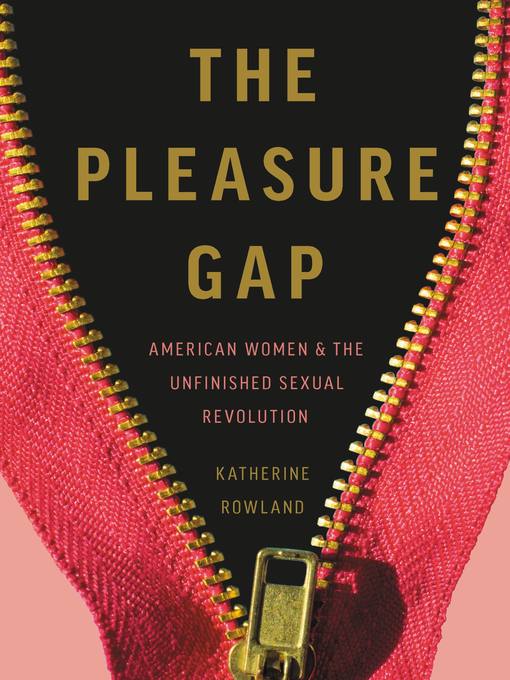- What's New?
- Popular Titles
- Mystery Ebooks - Available Now
- Historical Fiction Ebooks - Available Now
- Literary Fiction Ebooks - Available Now
- Romance Ebooks - Available Now
- Thriller Ebooks - Available Now
- Biography and Memoir Ebooks - Available Now
- Science Fiction Ebooks - Available Now
- Fantasy Ebooks - Available Now
- Self-Help Ebooks - Available Now
- Available Now
- All Adult Ebooks
- See all ebooks collections
- What's New?
- Popular Titles
- Mystery Audiobooks - Available Now
- Self-Help Audiobooks - Available Now
- Science Fiction Audiobooks - Available Now
- Biography and Memoir Audiobooks - Available Now
- Literary Fiction Audiobooks - Available Now
- Historical Fiction Audiobooks - Available Now
- Thriller Audiobooks - Available Now
- Fantasy Audiobooks - Available Now
- Romance Audiobooks - Available Now
- Available Now
- All Adult Audiobooks
- See all audiobooks collections


